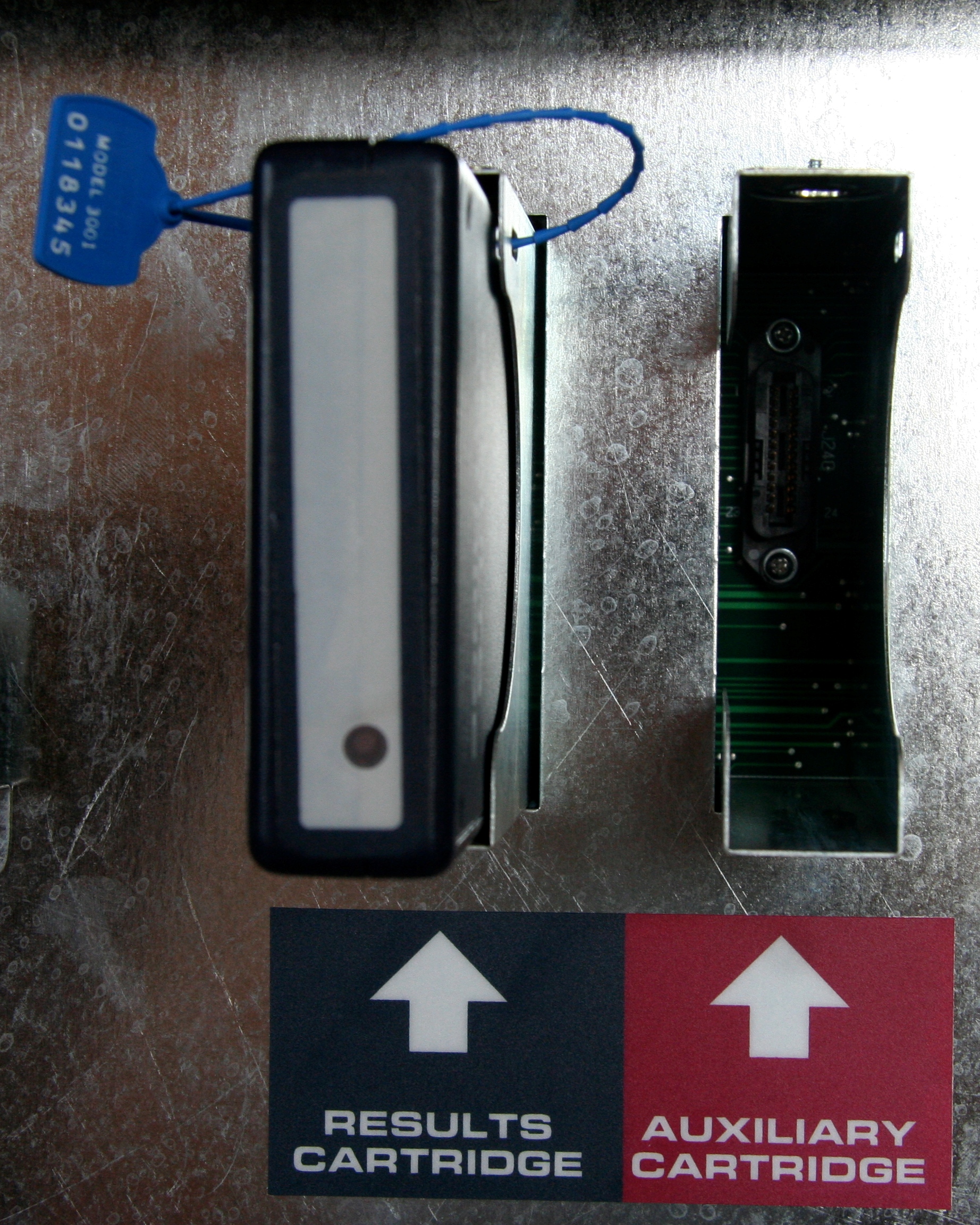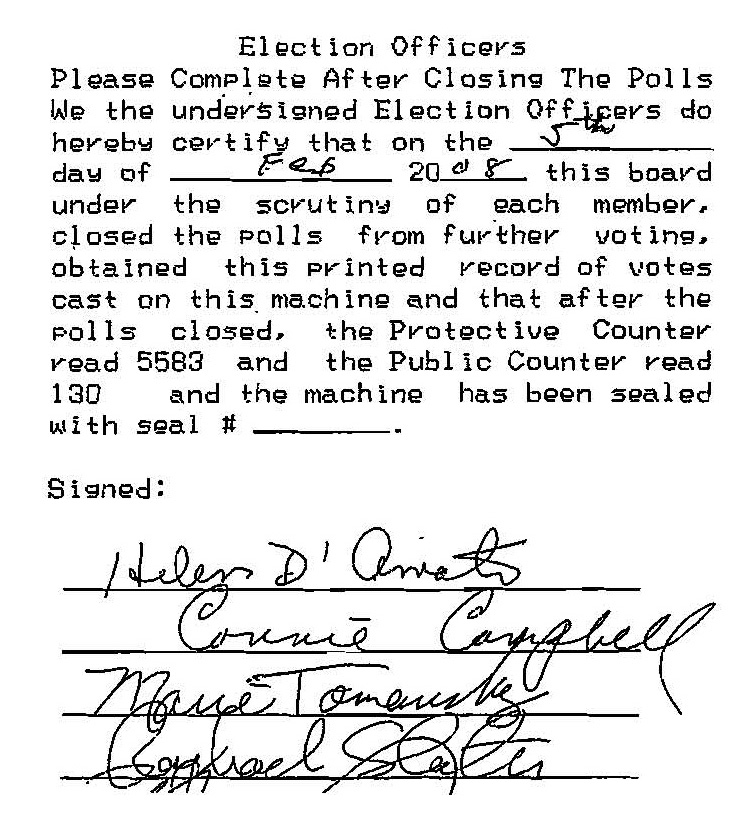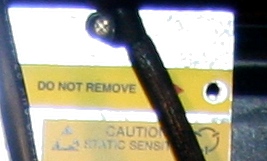January is the month when the Brazilian version of the popular TV show Big Brother returns to the air. For three months, a bunch of people are locked inside a house and their lives are broadcast 24/7. A TV show premised on nonstop surveillance might sound like fun to some people, but it is disturbing when governments engage in similar practices. The Brazilian national communications agency (aka Anatel) announced a few days ago a plan to implement 24/7 surveillance over the more than 203 million cell phones in the country.
As published by Folha de Sao Paulo, the largest newspaper in the country, Anatel has invested about $500,000 in building three central switches that connect directly with the private carrier’s networks. The switches are not for eavesdropping, but will provide the agency with direct access to information such as numbers dialed, date, time, amount paid and duration of all phone calls. It will also provide access to personal information such as name, address and taxpayer number for every mobile customer.
The agency claims that the system will help “modernize” the capability of regulating phone companies, leading to a better quality of service. Currently, the data is privately kept by each phone company. The agency can ask for that information, but has to rely on what is provided. It claims that its technicians “are not prepared to deal with the systems used by the phone carriers and obtain the necessary original information”. So it has decided to collect the information directly, creating its own database in order to “validate” the information directly.
Lawyers and civil rights advocates are worried about this intention to turn Anatel into a “Big Brother” entity. Floriano Marques, an administrative law attorney, claims that the new measure is a “pathology”. He says “it reflects a trend of weakening privacy rights that can be found in various efforts of the public administration in Brazil”. And he is right. Recent events indicate that some public authorities in Brazil have been holding privacy in low regard. In the presidential campaign of 2010, Brazilian tax officials were caught disclosing confidential tax information of members of the political party opposing the government.
Also, a Brazilian Senator called Eduardo Azeredo introduced a bill mandating every citizen to establish his identity through a digital certificate before connecting to the Internet. After causing considerable uproar, the bill was amended to exclude mandatory identification provision, but it still includes disconcerting surveillance provisions, such as the obligation imposed on websites and service providers to keep records of users’ online activities for 5 years.
Lawyers and civil rights activists fear that Anatel’s surveillance superpowers will open the path for all sorts of misuse. They claim the project violates the Brazilian Constitution, which protects privacy as a fundamental right, as well as due process. The agency would gain access to sensitive information without prior permission of users, or any scrutiny by the courts.
Arguably, the implementation of these new provisions by Anatel puts Brazil one step closer to initiatives such as China’s practices of scanning SMS messages for “illegal or unhealthy” content, India’s demands for monitoring communications sent via BlackBerry smartphones, or other countries investing in technical infrastructure to surveil citizens. For the country that once pledged allegiance to the Penguin, in reference to its support to online freedom, free software and free culture policies, the recent developments have been showing an unexpected Orwellian touch.



